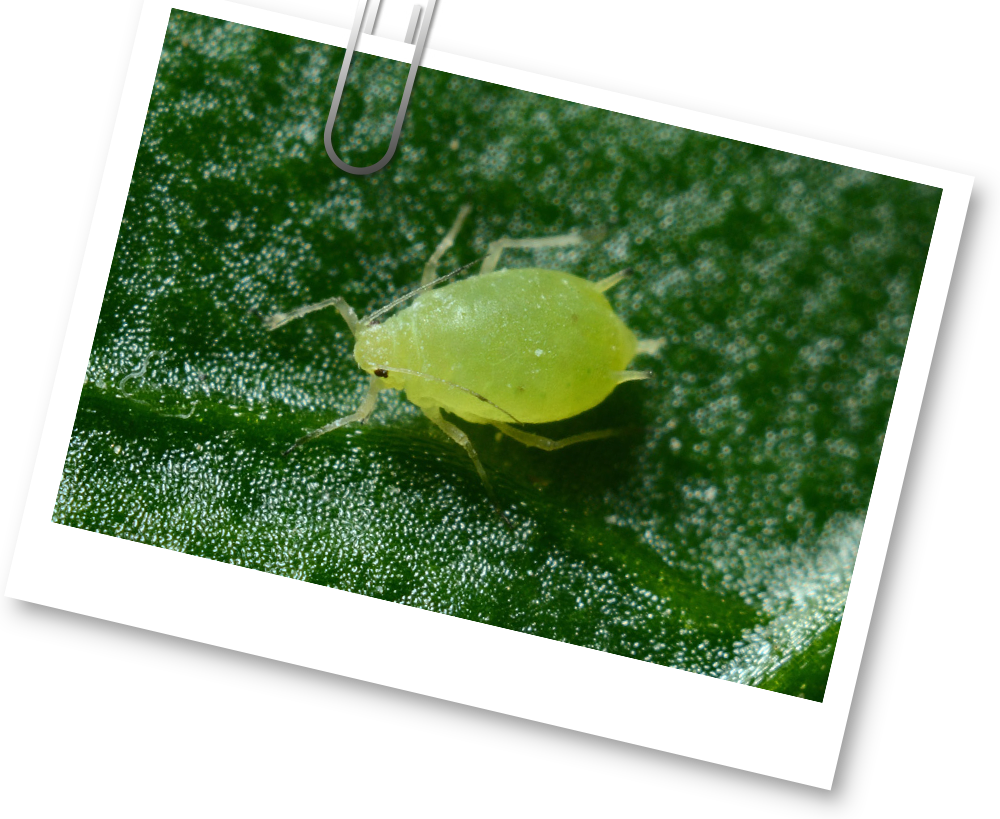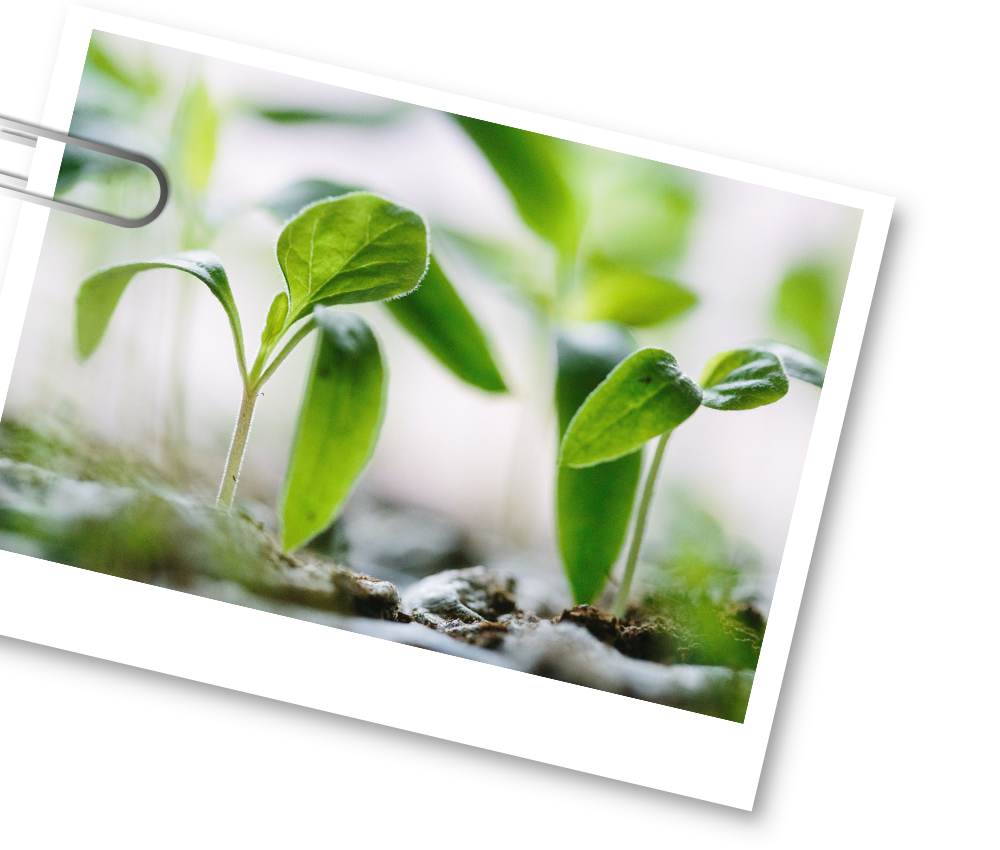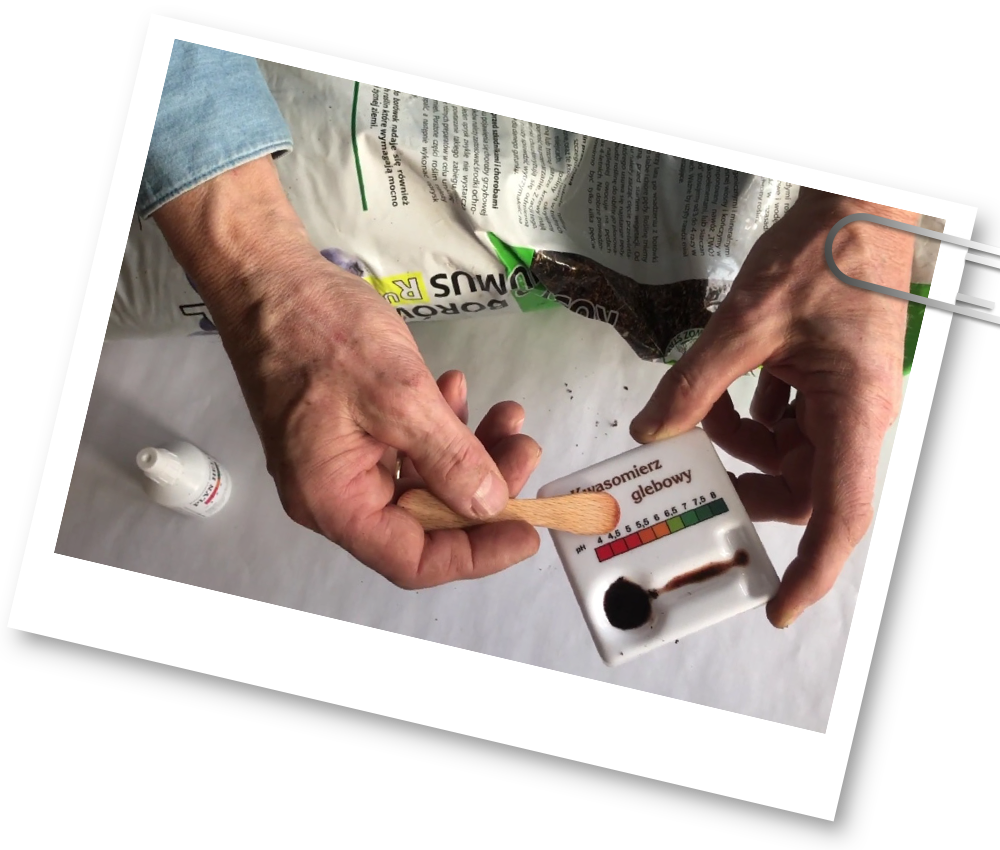
Recommended in integrated plant protection
MANUFACTURER:
BIOSEPT sp. z o.o. Sp.k.
Staszica 27
05-500 Piaseczno POLAND
Decision of the Ministry of Agriculture and Rural Development No. s-634b/2017 of 10 November 2017
CAUTION
Growth stimulant not to be used in combination with plant protection products
PRECAUTIONARY MEASURES
Protect against accidental ingestion. Take basic precautions during use. In case of contact with eyes, rinse with clean water. Wear protective clothing and wash hands after handling.
STORAGE
Store only in the original container at a temperature not exceeding 0-25°C. Keep out of the reach of children. Do not store together with food, drink and animal feeding stuffs.
Shelf-life: 3 years from the production date
SCOPE OF APPLICATION:
Biosept Active is manufactured on the basis of grapefruit extract, the content of which is 33%. It is a plant cultivation supporter and growth promoter for ornamental plants, fruit shrubs and vegetables, in open field conditions and under protective cover. The product can be used during the vegetation period for watering or spraying plants, on all soil types. Biosept Active is used for better rooting of plants, and to improve their growth during the growing season and yield. It also improves the quality of plants and fruit (including their size and sugar content). It can be used prophylactically every growing season.
PREPARING THE SPRAY LIQUID
Pour the measured amount of the agent into the water tank and stir thoroughly. Do not pour in Biosept before pouring in the water, as the product foams strongly. Rinse the empty container and pour the rinse water into the spray liquid tank. Wash the unit thoroughly after use.
APPLICATION DOSES, DIRECTIONS FOR USE AND DATES:
Vegetables, spraying plants:
Recommended concentration 0.1 – 0.2% (100 – 200ml of the agent in 100 litres of water). Recommended amount of spray liquid: 5 – 10 litres per 100m², depending on plant size and density. Repeat the treatment after 7-14 days.
Vegetables, watering plants:
Recommended concentration 0.05-0.1% (50-100ml of the agent in 100 litres of water) depending on the size of the plants. Recommended amount of spray liquid: 2-3 litres/m² depending on the number and height of the plants. Water immediately after sowing seeds or planting.
Ornamental plants, spraying plants:
Recommended concentration 0.05 – 0.1% (50 – 100ml of the agent in 100 litres of water). Recommended amount of spray liquid: 5 – 10 litres per 100m², depending on plant size and density. Repeat the treatment after 7-14 days.
Ornamental plants, watering plants:
Recommended concentration 0.05-0.1% (50-100ml of the agent in 100 litres of water) depending on the size of the plants. Recommended amount of spray liquid: 2-4 litres/m² depending on the number and height of the plants. Water immediately after sowing seeds or planting.
Berry plants, spraying plants:
Recommended concentration: 0.1-0.2% (100-200 ml per 100 l of water). Recommended amount of spray liquid: 5-7 litres per 100 m² (500-700 l per ha) depending on plant size and density. Number of spray applications per season: from 3 to 7. Carry out the first spraying immediately after flowering, followed by spraying at intervals of 7 to 14 days.
Berry plants, watering plants:
Recommended concentration 0.05-0.1% (50-100 ml of the agent in 100 litres of water) depending on the size of the plants. Recommended amount of spray liquid: 2-3 litres/m². Water in early spring around newly planted trees/seedlings.
Biosept Oil is a product of natural origin, designed for mechanical destruction of harmful insects and mites. The product contains castor oil (94%) obtained from camelina (gold-of-pleasure – Camelia sativa), a plant of the cabbage family Biosept Oil has a mechanical and physical effect, i.e. the liquid applied on plants by spraying covers insects and mites with a thin and sticky film which impedes breathing, movement and feeding. As a consequence, their life processes are stopped and the pests die.
Biosept Oil is effective against aphids, spider mites (mites), whitefly, greenhouse whitefly, thrips, Psylloidea, Coccinea (whitefly, scale insects) and overwintering forms of some pests.
When used systematically, Biosept Oil reduces plant pest populations to levels below the harmful threshold. Due to mechanical and physical action, insects and mites do not become resistant, which allows for repeated use of the product.
Biosept Oil can be used during the entire vegetative period and even just before fruit harvest –there is no withdrawal period as the preparation does not contain any active substances of plant protection products,
Biosept Oil is recommended for use in areas where pests have been found resistant to chemicals used so far. The product contains natural products, therefore it can be used in organic farming; in Poland, it has a certificate issued by IUNG (Institute of Soil Science and Plant Cultivation), which enables its use on organic crops.
Biosept Oil used properly does not pose a threat to bees.
Biosept Oil used in horticulture provides high quality plants with increased resistance to fungal diseases.
The recommended concentration of Biosept Oil is 0.9-1.2%, i.e. 9-12 ml in 1 l of water.
Scope of application and recommended concentrations:
Before the first application, especially on delicate ornamental plants, it is advisable to carry out a trial treatment to check for symptoms of plant damage within a few days.
Due to the contact effect, apply the spray thoroughly on the pest areas – especially the underside of leaves.
In summer, the treatment should be carried out before evening or early morning when the temperature is not high and the sun’s rays are limited. The product should dry on the plant for about 3 hours after application. Recommended to be applied at temperatures not exceeding 24°C. Thoroughly cover the entire plant and pests present. Do not apply in direct sunlight.
Field and covered vegetables
combated pests: aphids, spider mites, thrips, glasshouse whiteflies and other minor pests.
Ornamental, deciduous and coniferous plants
combated pests: aphids, spider mites, whiteflies, thrips, mealybugs, glasshouse whiteflies and other minor pests.
Herbs
combated pests: mainly aphids, spider mites, but also other small pests
Fruit trees and bushes
Practically all except Golden Delicious combated pests: aphids, spider mites, leafminers, whiteflies, eliminating overwintering forms of pests.
Strawberries and raspberries, blueberries and other berries
combated pests: mainly spider mites, aphids but also other small pests (up to aphid size)
Recommendations for crops

1. Applied preventively, it helps to effectively limit the pressure of many pathogens,
2. Helps to reduce the use of chemical plant protection products when used in combination with the preparation,
3. Stimulates the secretion of phytoalexins which reduces susceptibility to infection by bacterial, fungal and viral diseases,
4. Foliar application induces slit closure which reduces transpiration,
5. Improves plant survival in biotic and abiotic stress conditions,
6. The product is lethal on soil nematodes,
7. The preparation is safe and even beneficial to human health and the environment,
8. Seed treatment with the preparation significantly stimulates germination and rooting of seedlings. The development of soil-borne diseases is also inhibited.
Biosept Elicitor 300 ml concentrate for dilution at a concentration of 1.25% (300 ml for 24 litres of water)
EU registered basic substance: chitosan hydrochloride – 40 g/kg
Authorisation number: SANCO/12388/2013-ver. 2 20 March 2014 in accordance with Regulation (EC) No. 1107/2009
Natural plant elicitor with fungicidal, bactericidal and virucidal activity supports natural defence mechanisms by preventing infection (receptor blockade) and/or inhibiting pathogen development.
The unique formulation developed by Polish scientists through appropriate adjustment of chitosan oligomers molecular weight, deacetylation degree and pH, ensures high effectiveness in reducing pathogen pressure. Unlike pesticides, the product is simultaneously active against fungal pathogens, bacteria, viruses and viroids in both protected and open field crops. The best results are obtained when the product is applied preventively from the beginning of the vegetation, alternating with plant protection products at times of high pathogen pressure.
Scope of application:
Foliar application and/or through fertigation systems in open field and protected crops, agricultural, vegetable and fruit crops.
Method for preparing the spray liquid:
Thoroughly dissolve the recommended dose of the preparation in water. Spray the prepared solution on the plants as recommended.

The recommended concentration of Biosept Elicitor is 1.25% (1.25 litres per 100 litres of water)
The recommended dose is 2.5-5 litres per 1 hectare (200 to 400 litres of water) 4-8 treatments every two weeks, starting with the first proper leaves
Application recommendations:
Berry plants
(strawberry, raspberry, blueberry, honeysuckle, chokeberry)
Soil-grown vegetables (cucumber, tomato, carrot, parsnip, Chinese cabbage, head cabbage) Tomato and greenhouse cucumber
Cereals
(winter wheat, spring wheat, malting barley)
Herbs and spices
Meadows and pastures
Cereals – seed treatment
Before sowing, at a rate of 1.25 – 2.5 kg per 10 l of water per tonne of grain
Potatoes – tuber treatment
2.5 kg per 100 litres of water per tonne of tubers
Biosept pH Control is used to test soil acidity. The active substance is Hellig’s fluid, a few drops of which are applied on a bit of soil poured into a recess on a special plate attached to the set.
Instructions for use of the Biosept pH Control soil acid meter
Importance of soil acidity:
Plant growth is affected by a number of different factors, including the acidity of the soil in which the plants grow. Determination of soil pH is one of the basic horticultural aids, as it is one of the indicators for determining the agrotechnical culture of the soil. Inappropriate pH can have a very negative effect on plant growth and rooting. It thus causes a reduction in the population of positive microorganisms and other microorganisms that biologically revitalise the soil. Consequently, it leads to a reduction in the availability of micronutrients, nutrients, water, etc. to plants.
Soil types by pH:
A pH below 4 is not tolerated by cultivated plants. In contrast, in soil with pH above 7.5, micronutrients are not available to most plants (although some plants have a high tolerance for soil pH).
Acidification or deacidification of soil:
The most common way to deacidify and regulate soil pH is to use lime in various forms (application details are provided by fertiliser manufacturers on the packaging). To acidify the soil, mix it with acid peat (or spread on the surface, but then acidification process is slower). Instead of peat, also composted coniferous sawdust, bark, conifer needles, acid compost etc. can be used.
Directions for use:
Quality control:
Each batch of fluid is checked for quality by the manufacturer before it is placed on the market. Yet it is also possible to check the quality of Hellig’s fluid at home (without chemical reagents, whether it colours well). To do this, put (or pour) into the plate recess some of the products available at home, using the same method as for the soil test. For example, lemon juice (citric acid) or vinegar will turn a strong red colour (acid reaction). Fresh yoghurt, buttermilk or apple will be slightly less acidic.
Sugar or water, for example, will have a pH 7 – neutral. Strong blue colour (alkaline reaction) will be obtained from baking powder (or soda), egg white, cigarette ash, etc.

Ta strona wykorzystuje pliki cookies aby świadczyć usługi na najwyższym poziomie. Dalsze korzystanie z niej oznacza, że zgadzasz się na ich użycie. Więcej na ten temat możesz dowiedzieć się w naszej polityce prywatności.